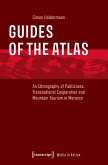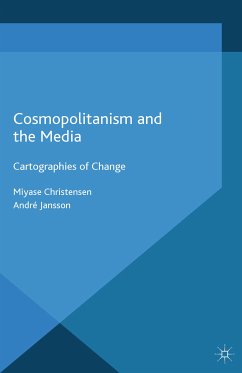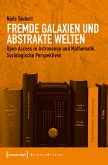Formally, ownership of ideas is legally impossible, and can never be globally secured. Yet, in very real and significant ways these limits have been undone. In principle, ideas cannot be owned, yet, undoing the distinction between ideas and tangible manifestations, the distinction which underpins the principle, allows the principle to hold even whilst its meaning is hollowed out.
Post-Cold War global network capitalism is premised upon regulatory structures designed to enforce deregulation in global markets and production, but at the same time to enforce global regulation of property and intellectual property in particular. However, this roll-out has not been without resistance and limitations. Globalization, the affordances of digital networks, and contradiction within capitalism itself - between private property and free markets - promote and undo global IP expansion.
In this book David and Halbert map the rise of global IP protectionism, debunk the key justifications given for IPRs, dismiss the arguments put forward for global extension and harmonization; and suggest that roll-back, suspension, and even simply the bi-passing of IP in practice offer better solutions for promoting innovation and meeting human needs.
Post-Cold War global network capitalism is premised upon regulatory structures designed to enforce deregulation in global markets and production, but at the same time to enforce global regulation of property and intellectual property in particular. However, this roll-out has not been without resistance and limitations. Globalization, the affordances of digital networks, and contradiction within capitalism itself - between private property and free markets - promote and undo global IP expansion.
In this book David and Halbert map the rise of global IP protectionism, debunk the key justifications given for IPRs, dismiss the arguments put forward for global extension and harmonization; and suggest that roll-back, suspension, and even simply the bi-passing of IP in practice offer better solutions for promoting innovation and meeting human needs.
Dieser Download kann aus rechtlichen Gründen nur mit Rechnungsadresse in A, D ausgeliefert werden.
In Owning the World of Ideas, David and Halbert offer an incisive, critical and powerful analysis of information capitalism, focusing on its monopolisation of knowledge and culture through increasingly aggressive structures of intellectual ownership. The authors present a timely counter to these trends, arguing instead for an approach to intellectual property that favours human well-being over and above the economic expropriation and monopolisation of knowledge. This is an important book which deserves a wide and appreciative audience. Majid Yar, Professor of Sociology and Associate Director: Centre for Criminology & Criminal Justice









